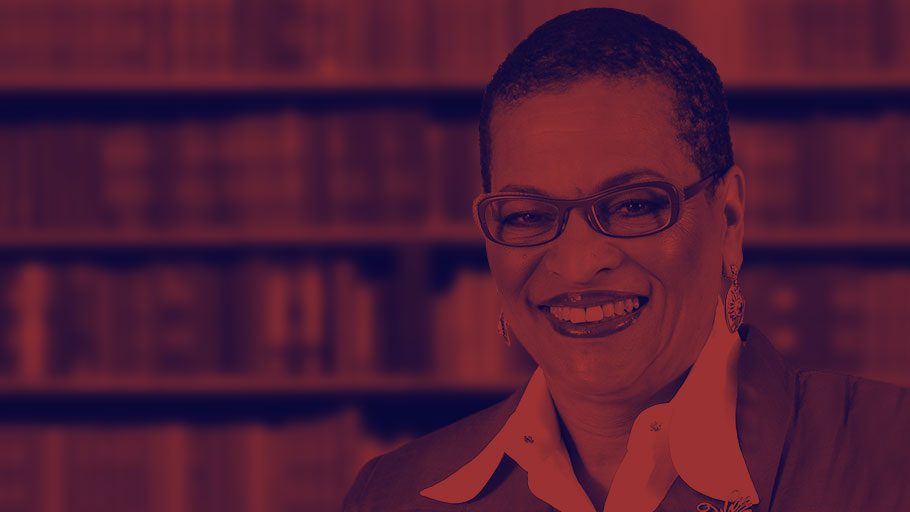I am grateful and appreciative of Dr. Carter G. Woodson, the man who claimed Negro History Week, which later changed to Black History Month. From a week to a month, but we need to rock the year, every year, because there are so many opportunities to celebrate Black History. The organization that Dr. Woodson founded, the Association for the Study of African American Life and Heritage (ASAALH) organizes a theme each year, and this year the theme is women.
Part of me fusses. Gender needs always to be threaded through conversations about the African American experience. When we think of history, men’s names drip off our lips – Frederick Douglass, martin Luther king. Much less frequently do we think of women like Ida B. Wells, Dr. Sadie Alexander, Mary Ellen Pleasants, Fannie Lou Hamer, so many others. Yet these women are the marrow of the bone of our history. These women are the beacons of our world.
Why do we so ignore women’s contributions? History belongs to she who holds the pen. Too often women want to lift our men up. What about lifting ourselves up? I speak to this from the vantage point of being president of Bennett College for Women in Greensboro North Carolina. I cheer whenever I hear of the four phenomenal black men who sat at a Woolworth’s counter on February 1, 1960, protesting segregation. I chafe when Bennett College women are left out of the story. The truth, the whole truth, and nothing but the truth is that Bennett women were much a part of the protest. The patriarchy of the 1960s would not allow women to sit at the counter. Our brothers, always chivalrous, would not expose women to the lighted matches, drizzled catsup, or other harassment that angry whites directed on them. Still, if we tell the whole story, we have to tell the women’s story. Too often, the stories are buried by expedient headlines.
We have to tell the stories for our mothers, to honor them, and for our daughters, to inspire them. There should never, ever be the sense that women are at the periphery of history. We need to tell the stories of the living – like bold Congresswoman Maxine Waters, and stories of those who have made their transition – like the revolutionary Fannie Lou Hamer. We have to tell stories that reflect the diversity of our styles. All of us are not bold and bodacious. Some achieve demurely and quietly, like the 10th President of Bennett, Dr. Willa B. Player, who is said to have never spoken louder than a whisper.
Yet this demure woman was the only person in Greensboro, North Carolina who had the courage to invite Dr. Martin Luther King, Jr. to the city. No rabbi, no Baptist minister, no other college President would welcome Dr. King in 1958. The NAACP invited him, but they struggled to find a place for King to speak. Dr. Player famously said, “We teach our students how to think not what to think,” and she proffered the invitation, braving disapproval. I cannot imagine the courage it took, in the South, when she depended on white philanthropists, to invite the then-controversial Dr. King. She didn’t mind. She did it anyway. That’s women’s history, something for our young women to savor; the notion that right is not always popular.
During this Black History Month, let’s sing a song for sisters. For Elsie Scott, who leads the Congressional Black Caucus Foundation. For Melanie Campbell, who leads the National Coalition for Black Civic Particiaption. For Barbara Lee, the Oakland Congresswoman who has been fearless in her support for economic justice. For Maggie Lena Walker, the Richmond woman who was the first black woman to start a bank. For Marianne Spraggins, the first black woman to be a managing director on Wall Street. Sing a song for sisters, for those well known, and those unknown. We are the backbone of African American history, and our song is one that must be sung, trilled, placed into crescendo. When we sing our sister song we empower and uplift each other.
Dr. Julianne Malveaux is President of Bennett College for Women in Greensboro, North Carolina.















